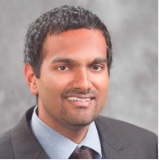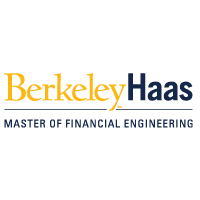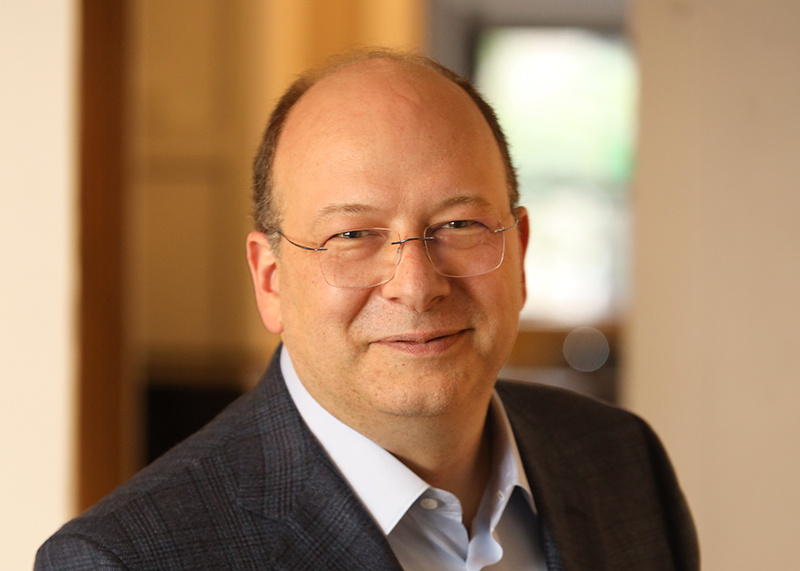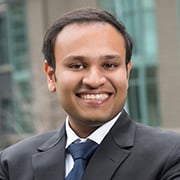The Berkeley MFE is coming to Mumbai, India! Don’t miss out on the opportunity to meet our outstanding alum Puru Sarathy in person and to connect with MFE Staff. We’ll answer any questions you have about our program, careers, and admissions. Looking forward to meeting you!
Meet Puru in person at our information session!
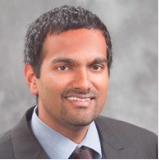
Puru Sarathy has been an engineer, financial economist, portfolio manager and trader. Like many of our MFE alumni, he continues to grow in his career, taking on new challenges that utilize the skill sets gained from his time at Berkeley. We strongly believe in preparing our students to be successful in quantitative finance and data science for the rest of their careers, not just for the internship and right after graduation. Read on to learn more about Puru’s story.
Before your career transition, you were an engineer in the semiconductor industry. Tell us about your journey to the Berkeley MFE. What brought you to our program?
Yes, I was making power chips for the Sony Playstation! What got me thinking was how computers had changed how we were doing business, and that applied to finance too. So if there was a program that could give you a broad finance and computing related training, it would be a great investment for a career. A name like Berkeley also puts your resume in front of the big players who are thinking, if you got into Berkeley, you must be smart! So it was an easy choice.
Walk us through your career thus far (post-MFE). Share more about your role as a Financial Economist at the SEC and the move to your PM / Trader role at Circulum Vite. What were some of the similarities and differences in your roles? How did the Berkeley MFE help prepare you for them?
In hindsight the SEC was a great job and I would love to land up there sometime in the future! You are completely at an advantage with a quant background because not many people on the staff have a quantitative background, although they are the top lawyers in the country. You get to work on a wide variety of projects, and you get to influence real policy decisions. It's a good gig. After a couple of years, it's a good idea to see the private side of the business because that is where the action is. That made me consider the PM role at Circulum Vite, which was an upstart quantitative trading fund out of Jersey City.
The MFE program prepares you well. The idea is that a broad training helps, so when you go in front of lawyers at the SEC you can explain to them what a CDS does. When you join a high frequency trading firm, you can build predictive models for trading. You do both with the same ease. At my present job, I had to learn about credit loss modeling and I was up and running in fifteen days.
You recently joined JPMorgan – what do you do there?
I am currently leading a team of five (and expanding) that models credit loss scenarios on the banking book for JPMorgan. We project loss using a lot of data, so there is some programming and machine learning involved. This is a very high priority area for JPMorgan and other banks and we get a lot of visibility inside QR, the quant team at JPMorgan.
It's been six years since you completed your MFE - what "MFE" skill sets do you still apply today? Any courses / skill sets that come to mind in particular? How have you continued to improve your knowledge / skills?
Credit is useful for me now, it was less useful before. So it changes as your career moves. The ability to solve problems is crucial, and the Berkeley MFE has a culture of puzzle solving which gauges how you approach problems broadly. Thirdly, finance is all about computing and data now - it has been like that even before the term Big Data was coined, so knowing algorithms, data structures, and predictive modeling is important. Finally, we all know that to be competitive we have to keep refreshing our skills. Keep reading!
What advice do you have for prospective applicants and / or future graduates of the Berkeley MFE?
Sometimes it is prudent to let your career go where the tide takes you. I say this because a lot of students want a particular role that they think they are fit for, but there is no market demand for that role. That in turn means that growth in that area is going to be slow. In that case, you are better off going to an employer/role that values your skills and helps you grow your career, whatever that may entail.
Learn more about the Berkeley MFE Program and how we can help you launch or advance your career by going to our website or by joining an information session.




